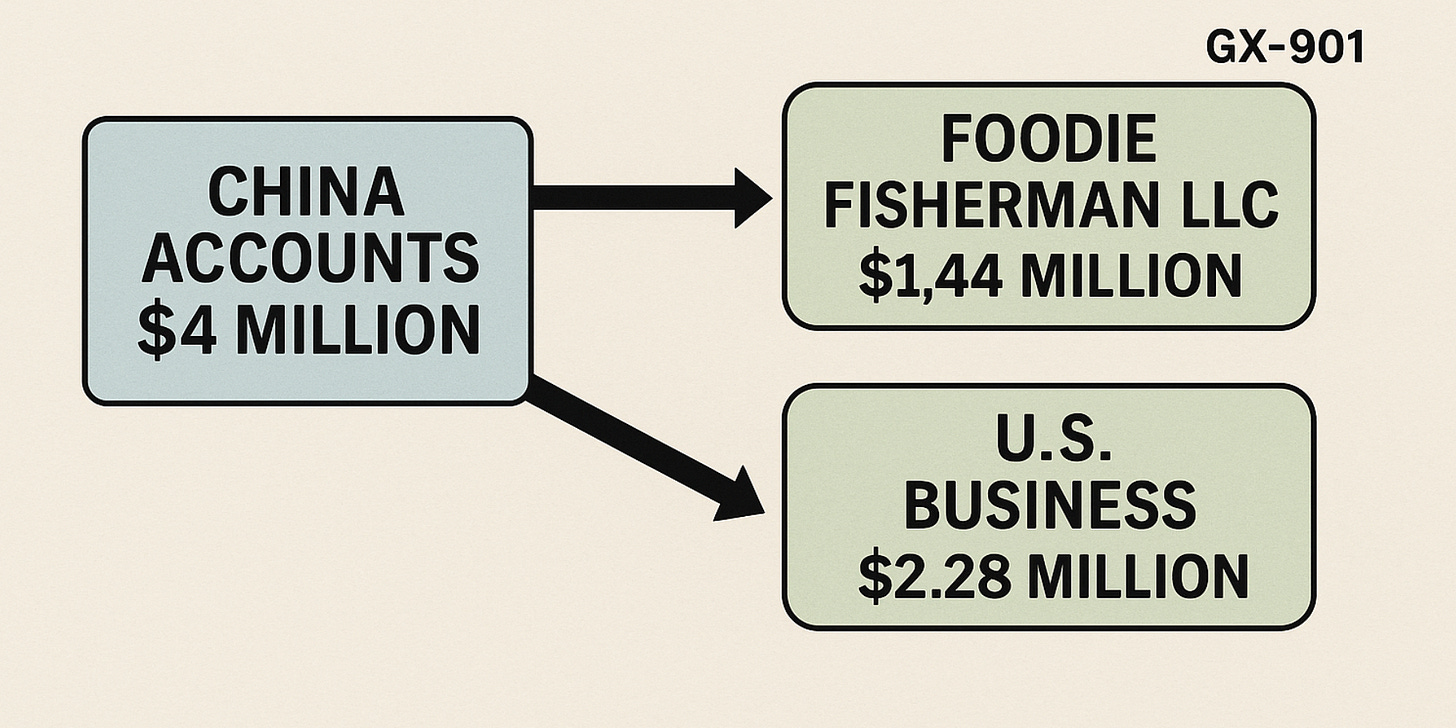EXCLUSIVE: Alleged Chinese Spy in New York Government Faces CBP Evidence on “Bringing In Aliens” as Trial Launches Today
BROOKLYN — As the high-impact Chinese espionage case against senior New York government aide Linda Sun opens Wednesday morning in federal court, prosecutors are hoping to introduce U.S. Customs and B…




